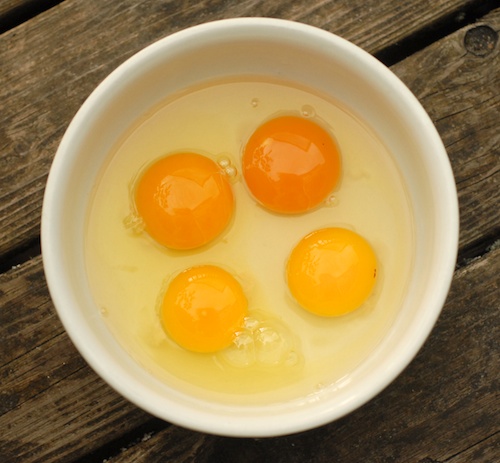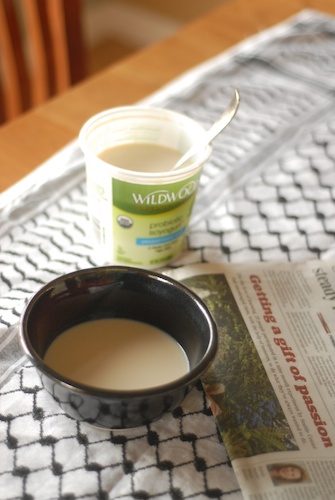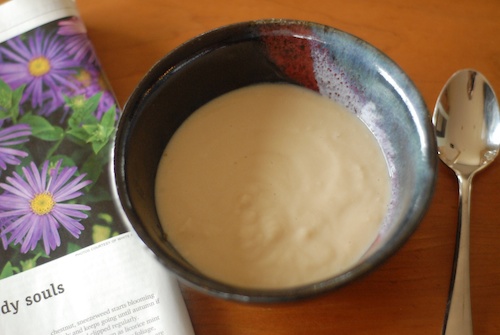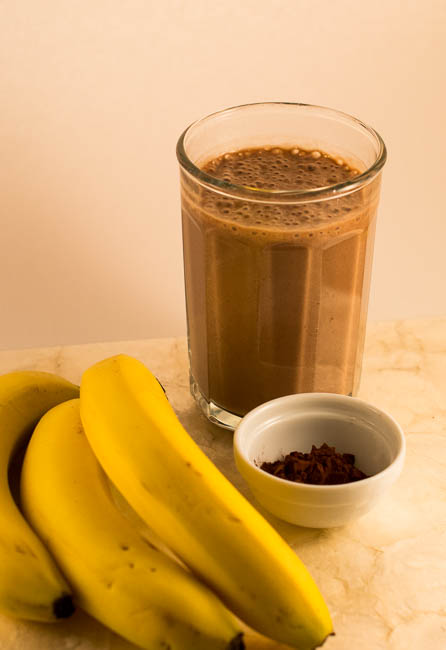Every time I travel, I notice far fewer organic grocery items on the shelves in supermarkets than when I am at home. A recent article from the Seattle Times explains it– Seattle and San Francisco are the country’s top markets for organic produce.
The article quotes a Seattle-area resident who shops at several price-competitive grocery stores including Costco, Top Foods, and Safeway, as being willing to pay up to 1.5 times the price for organic instead of conventional produce. Do you buy organic produce? For part or all of your fruits, vegetables, and grocery items? How much of a premium is organic worth to you?
For many years I bought all organic produce. I buy it not only for our own health, but to protect farmworkers and ecosystems from dangerous herbicides and pesticides. So the argument that I could just buy non organic produce and peel it doesn’t fly with me.
For your own health, peeling vegetables to eliminate contaminants works on some vegetables, but not others. Unfortunately, beneficial phytochemicals produced by plants are often in or just under the peel in fruits like apples. Plants contain chemicals that produce coloring and for other purposes like to repel insects and other browsers. Some of these are likely responsible for the health benefits of eating lots of fruits and vegetables. Plant defenses are complex and the science of how plant chemicals affect our health is still evolving.
Does conventional produce, not having to fight off as many insects, contain fewer phytochemicals? I’ve heard this idea bandied about but have yet to see any research to prove it.
I look forward to buying all organic produce again when my budget allows. Meanwhile, the Environmental Working Group has a helpful Shopper’s Guide to Pesticides for free download as a smart phone app or PDF.







{ 0 comments… add one now }